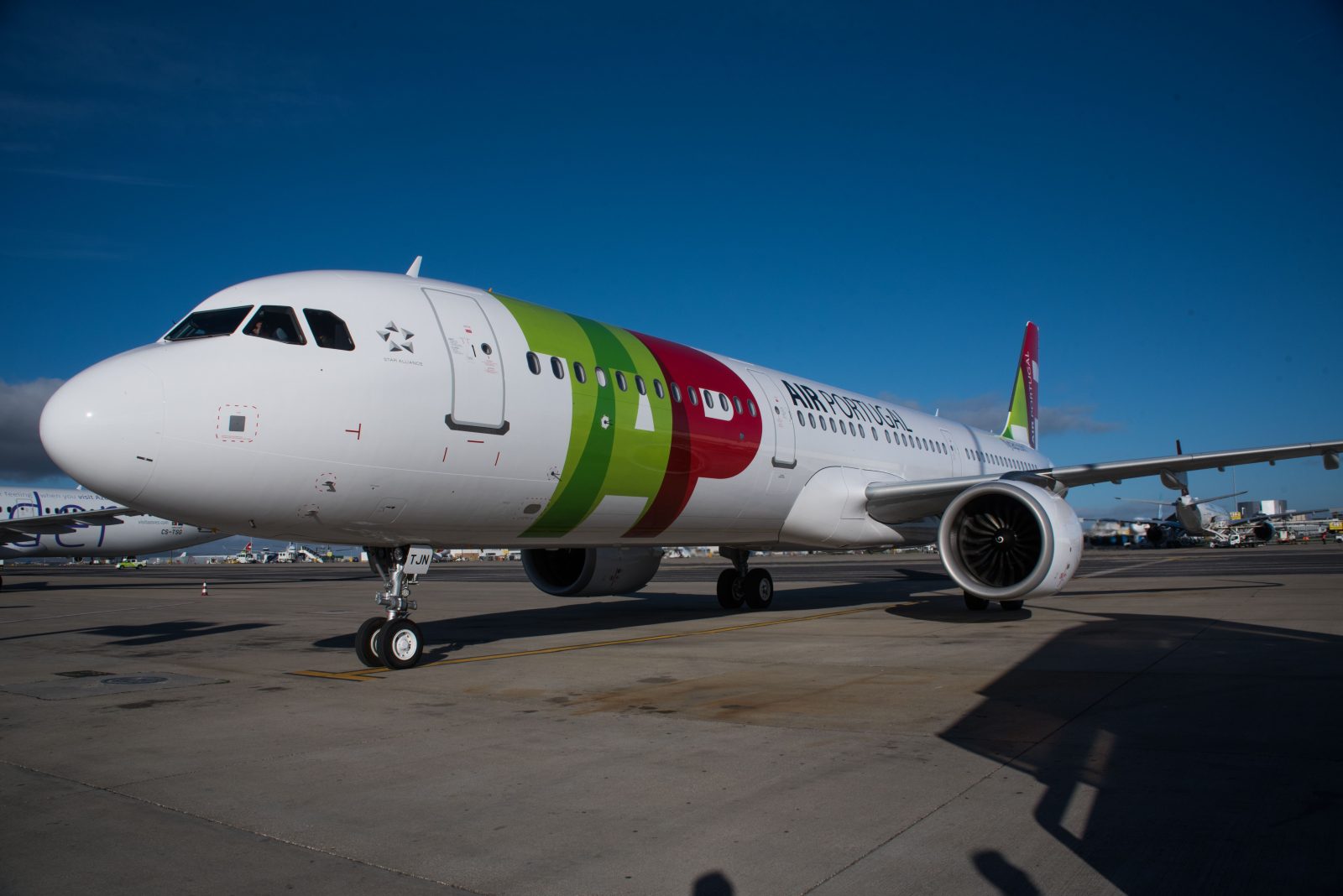
An international flight bound for Brazil was forced to make an emergency landing on the island of Maderia in the Atlantic Ocean on Christmas Day after the pilots realised that luggage had been loaded into the cargo hold of the Airbus A321neo but the passenger whom the luggage belonged to was not onboard the plane.
The so-called ‘bag mismatch’ prompted an immediate security alert and the pilots took the decision to land the plane rather than continue for another six hours to Brazil in fear that a bomb might be onboard.
TAP Air Portugal flight TP5 departed Lisbon at around 5:30 pm on December 25 for what should have been a routine seven-hour flight to Natal which is located on Brazil’s northeastern tip. The plane had been in the air for around an hour and a half when the pilots were alerted to the security incident.
Although the single-aisle A321neo was flying above the Canary Islands at the time the threat emerged, it appears the pilots decided to divert to Maderia because it is a nearby Portuguese island with a TAP Air Portugal base that would be able to handle the situation quickly.
After burning off fuel, the plane landed into Funchal airport around 80 minutes later. According to the Aviation Herald, the plane was on the ground for just an hour before continuing its journey to Natal.
Presumably, the luggage was quickly found by baggage handlers and removed from the cargo hold.
The process of passenger and baggage reconciliation is known as ‘positive passenger bag matching’ or PPBM for short. It was introduced nearly 40 years ago after a series of bombings onboard commercial aircraft where terrorists hid improvised explosive devices in what is known as ‘interline’ luggage which they didn’t accompany.
PPBM programmes had already been developed before the bombing of Pan Am flight 103 over Lockerbie in 1988 which resulted in 270 fatalities but the attack passenger and baggage reconciliation a standard practice across the industry.
Nowadays, PPBM isn’t always necessary if the luggage has been subject to security screening prior to loading or if the passenger made the first flight of a journey involving a connection but missed the second flight due to a delay.
The thinking behind PPBM is that terrorists are far less likely to want to travel with the bomb because they will also die in the resulting explosion. In the era when baggage bombs tormented the airline industry, this was certainly true and terrorists didn’t want to be a casualty of their attack.
Of course, this is no longer the case and instead, the airline industry routinely screens luggage destined for the aircraft hold.
Mateusz Maszczynski honed his skills as an international flight attendant at the most prominent airline in the Middle East and has been flying ever since... most recently for a well known European airline. Matt is passionate about the aviation industry and has become an expert in passenger experience and human-centric stories. Always keeping an ear close to the ground, Matt's industry insights, analysis and news coverage is frequently relied upon by some of the biggest names in journalism.







